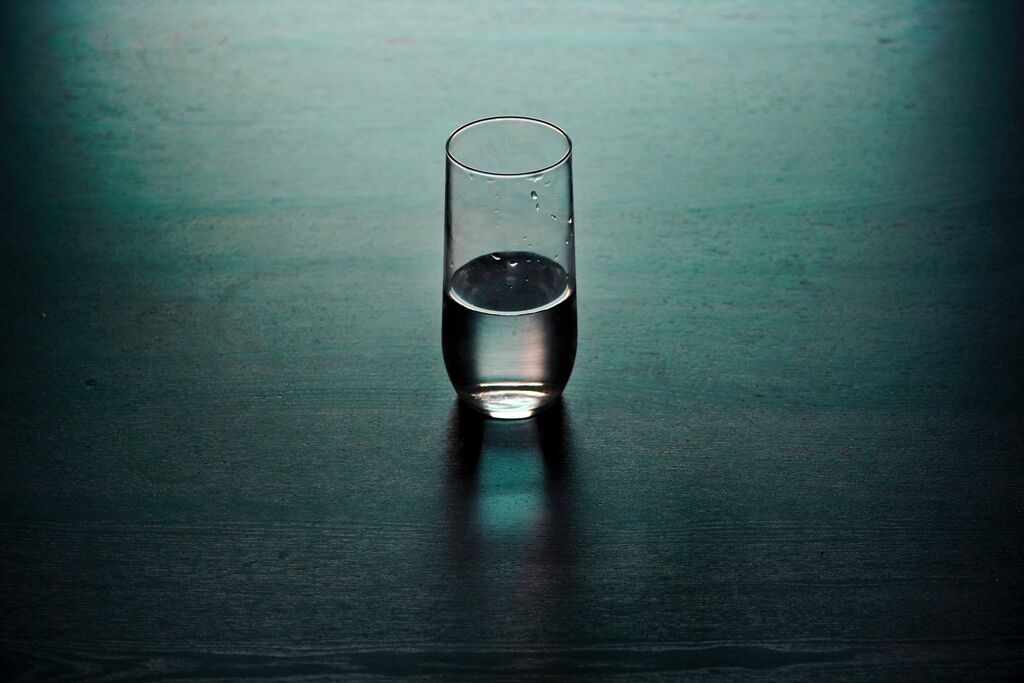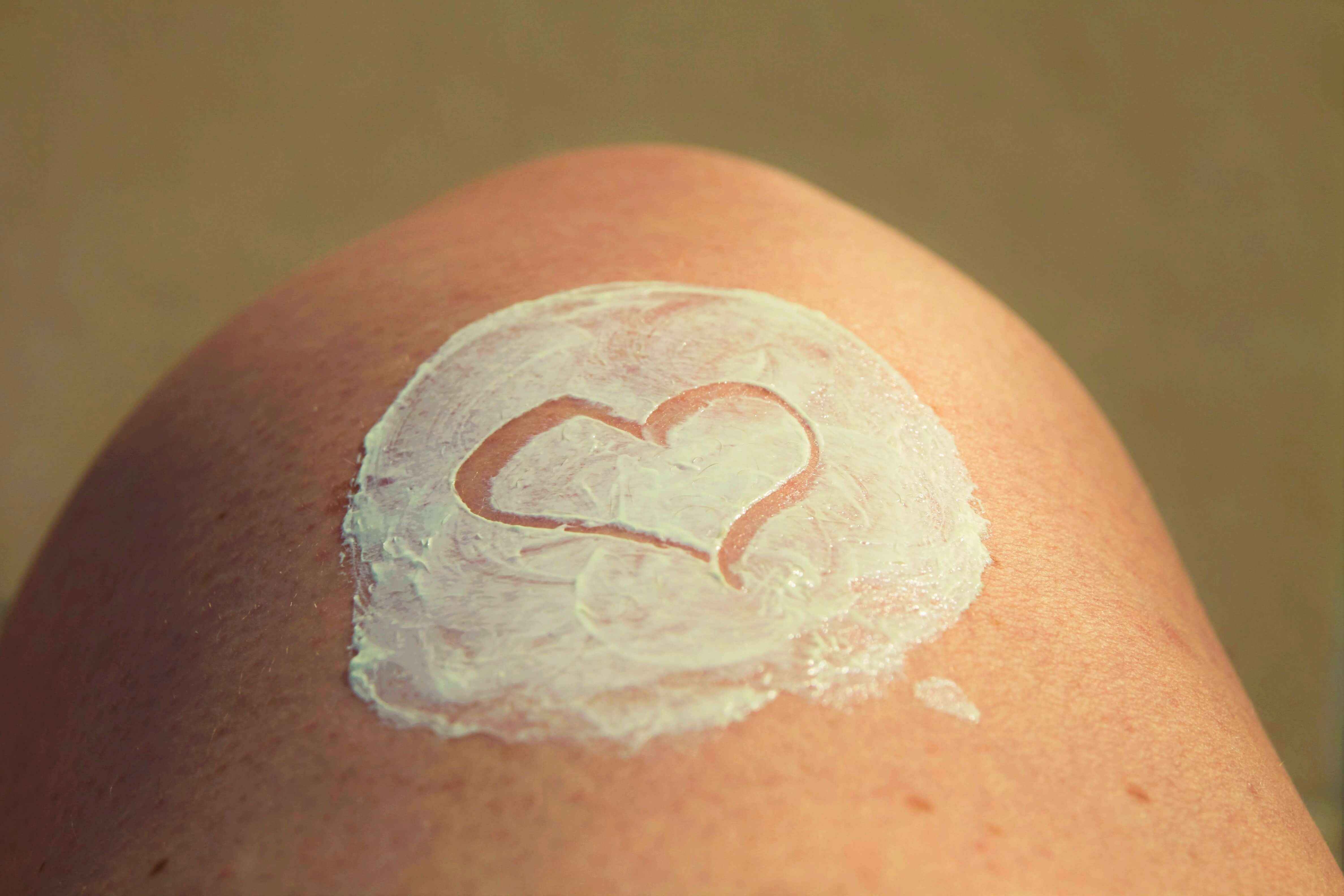Your Skin is Your Biggest Organ

It sounds strange to refer to your skin as an organ, doesn’t it? But it’s our largest and fastest-growing organ weighing in at a staggering 8 pounds (3.6 kilograms) for most adults, and measuring almost 20 square feet. Because it is the only one of our organs that we “wear on the outside” it’s our body’s biological first defense against all external dangers. Our skin is a personal suit of armor, protecting all of our other organs and our entire body from the outside world! As our largest organ, it’s also considered a “barometer of health” for the body and can signify many different health issues. If you ever notice anything abnormal about your skin (for example a rash, painful area, discoloration, or abnormal mole), it’s strongly recommended to see a doctor or health professional immediately.

How Does Your Skin Protect You?
Your skin is a barrier in many ways, and against many things. As long as it is healthy, uncut and undamaged, it acts as a waterproof barrier to external chemicals, germs, and infections. Our skin defends us from toxic substances and exterior assaults by foreign organisms. It protects us from extreme temperatures, insulating our delicate internal organs from both heat and cold. It acts as a shield when we are exposed to any harmful UVB and UVA rays of the sun. The average human adult body is made up of about 60% water. Without our skin organ, we would literally evaporate.
Skin also acts as a two-way highway. It expels harmful toxins and unnecessary waste through our pores, including our sweat, which doubles as a cooling system. This works by your sweat drying through the heat of your skin and therefore acting as a coolant.
Your skin is absolutely jam-packed full of sensory nerve endings, allowing every touch or sensation on your skin to send billions of instantaneous messages to your brain. Almost all of this happens every second of every day without you even needing to spend the conscious thought on each action, freeing your mind up to focus on other things. Some of your skin’s nerve endings are even connected directly to your muscles, bypassing the brain for the fastest response possible to say, extreme heat, cold, or pain.

Fun Facts About Your Skin
- The average person has 300,000,000 skin cells.
- Your skin is constantly shedding dead skin cells… up to 40,000 cells per minute, adding up to about 9 pounds per year. Your skin renews approximately every 28 days. This means that the skin you see today will be gone in a month!
- Bonus gross facts about dead skin cells… 1) it’s estimated that approximately half of the dust in the average home is dead skin cells, and 2) about a billion tons of dust in the Earth’s atmosphere are dead skin cells.
- The average adult’s skin contains over 11 miles of blood vessels.
- Your “skin flora” also referred to as your “skin microbiome” contains over 1,000 types of microorganisms, most of which are different species of bacteria (don’t freak out, though – most of these microorganisms are not harmful or even helpful to your health).
- The skin changes to match conditions as needed – it can form a callous (additional thickened, toughened skin) if consistently exposed to friction or other irritations, and can form thick scar tissue when severely damaged.
- The thickest skin on your body is on your feet (1.4mm).
- The thinnest skin on your body is on your eyelids (.2mm).
How Can You Best Take Care of and Protect Your Skin?
As beauty campaigns and modern advertising have shown us in their endless marketing… there are many things you can do to beautify and preserve your skin. However, there are just a few everyday golden rules you need to remember if you want to take great care of your skin.
- Stay hydrated. As mentioned above, your body is composed of 60% water and your hydration is directly related to how many fluids you consume every day. Your mom wasn’t joking when she told you to drink more water! By staying hydrated, you keep your body and in turn skin functioning properly. Bonus: when you are fully and consistently hydrated, your skin will appear more supple and smooth, and you will have a noticeable increase in energy. The recommended daily intake of water for an adult male is 3 liters per day, and 2.2 liters for an adult female.

- Help protect your skin from the sun. Your skin does it’s best to protect you from the sun’s harmful UVA and UVB rays, but you gotta help it out. When in the sun for an extended period of time wear sunscreen, sunblock, or sun protective clothing, and wear a hat and sunglasses to protect your eyes. Staying out of the sun between 10-2pm alone will do wonders.


Sources
- , Science: Human Body & Mind, Archives
- , How Skin Grows, Dermatologist Resource
- , The Water in You, Scholarly
Latest Articles
 Is Running on a Treadmill Easier Than Running Outside?Runners have their own preferences, whether it is treadmill running, running outside on the road, or exploring trails. So...
Is Running on a Treadmill Easier Than Running Outside?Runners have their own preferences, whether it is treadmill running, running outside on the road, or exploring trails. So... Is It OK to Use Trail Running Shoes on the Road?While trail running shoes can be used on roads, especially in situations where a runner encounters mixed terrains or pref...
Is It OK to Use Trail Running Shoes on the Road?While trail running shoes can be used on roads, especially in situations where a runner encounters mixed terrains or pref... How to Fix Sore Quads After Running?Rest, ice, gentle stretching, and over-the-counter pain relievers can help soothe sore quads after running. Also, ensure ...
How to Fix Sore Quads After Running?Rest, ice, gentle stretching, and over-the-counter pain relievers can help soothe sore quads after running. Also, ensure ... 10 Fruits With The Most Electrolytes to Replace Sports DrinksThese fruits are high in electrolytes such as potassium, magnesium, and calcium, essential for hydration, muscle function...
10 Fruits With The Most Electrolytes to Replace Sports DrinksThese fruits are high in electrolytes such as potassium, magnesium, and calcium, essential for hydration, muscle function...

